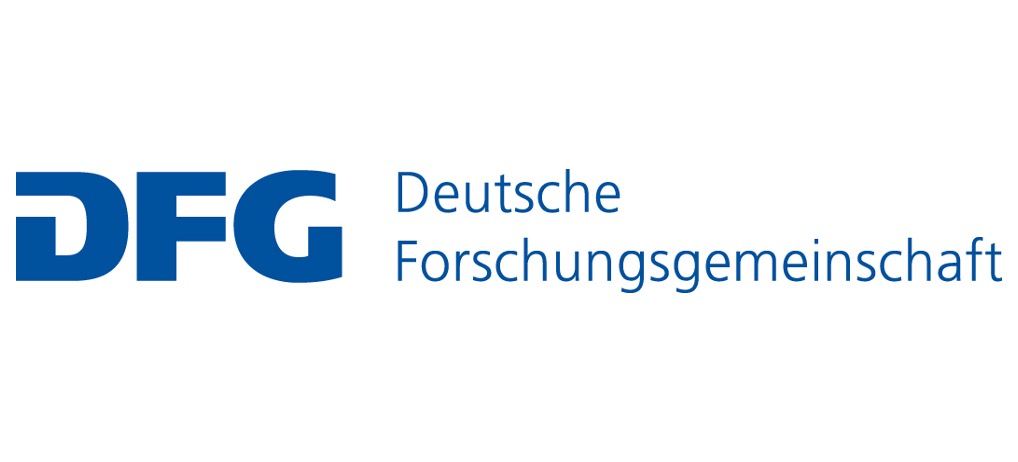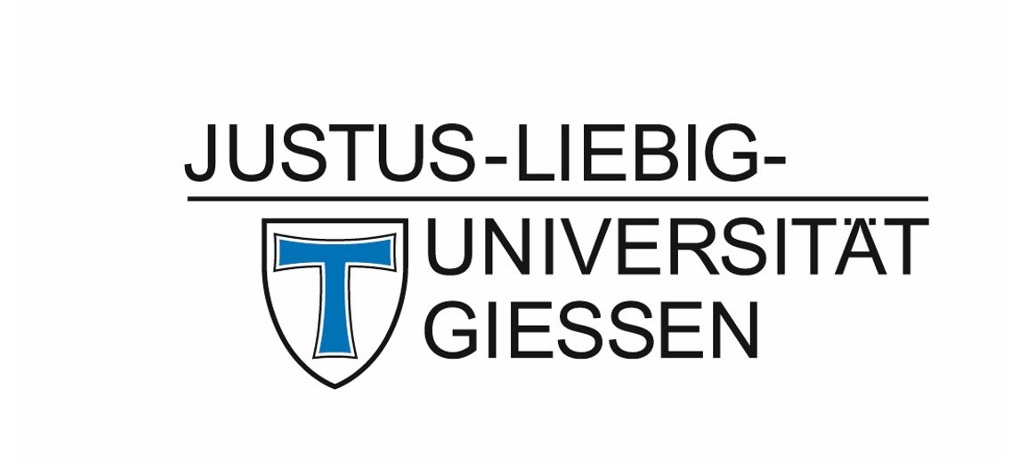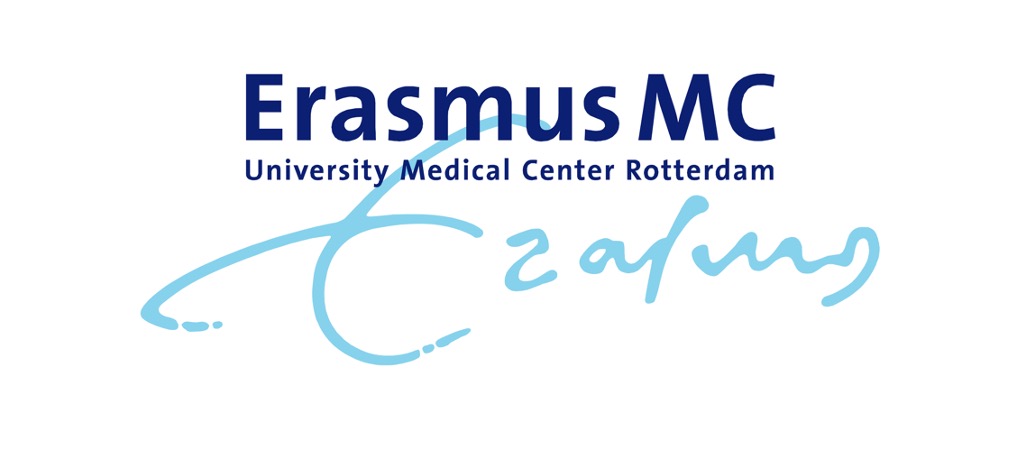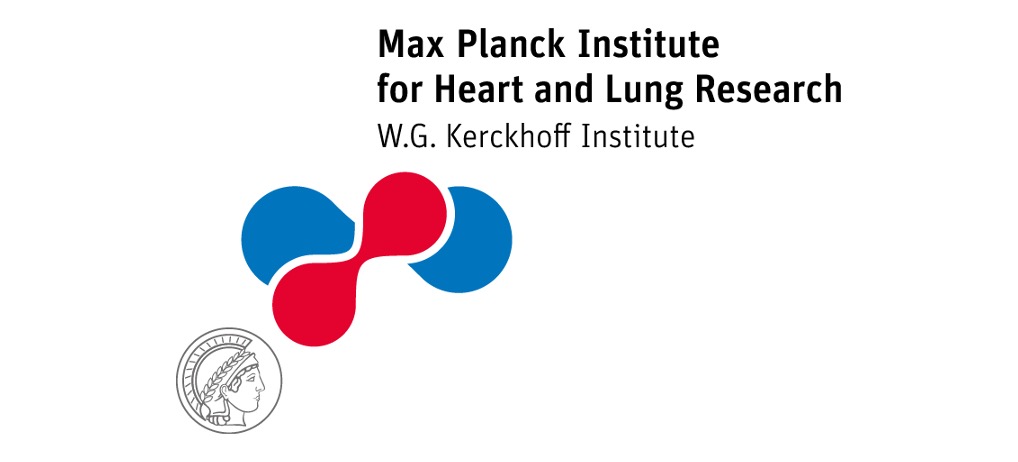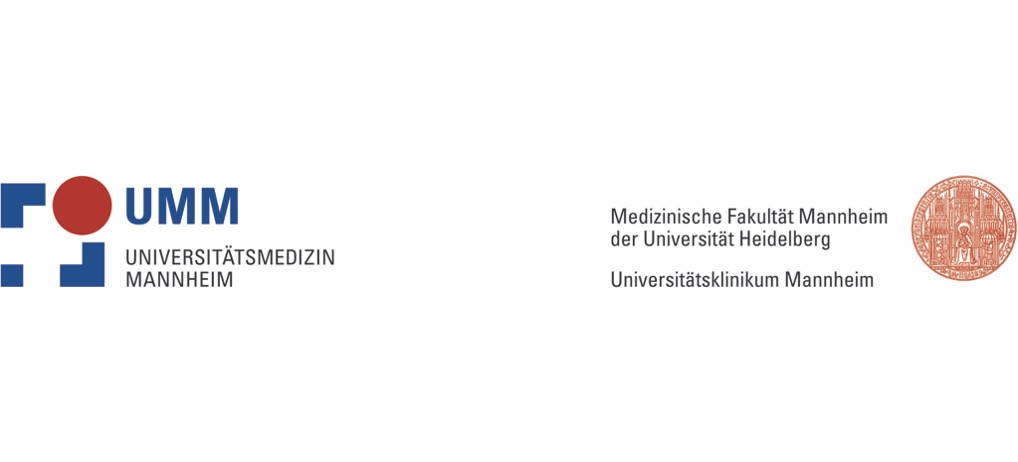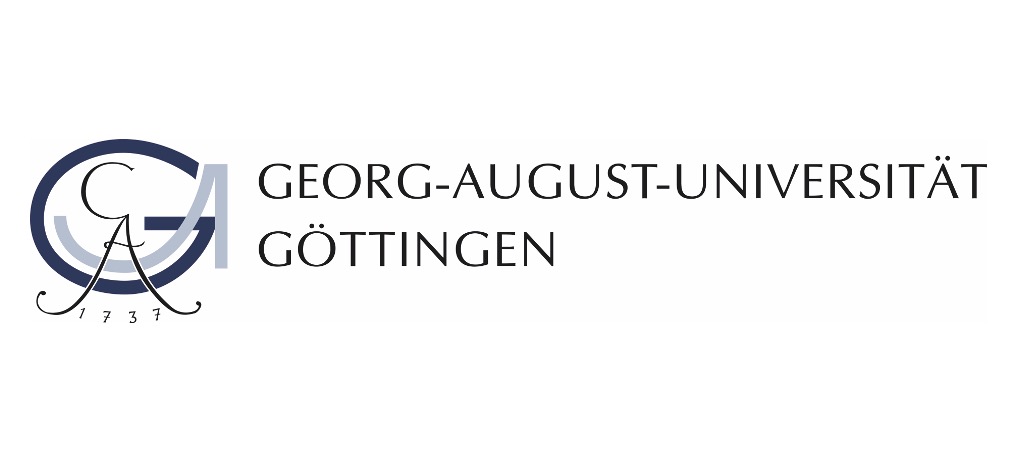Main Content
IRTG - Integrated Research Training Group "Epigenetics and Chromatin"
Research Training Program
The MGK organizes a comprehensive set of educational modules:
- Journal Clubs
Weekly Journal Clubs are organized by individual working groups or institutes. - Chromatin Methods Club
This seminar series brings PhD Students and Postdocs together to discuss various methods and techniques related to epigenetics and chromatin. It offers a forum to exchange expertise and to enable free discussion about the advantages and drawbacks as wells as the pitfalls of specific methods. - Internship in laboratories of the TRR 81
In laboratories of the TRR 81 PhD students can learn specific techniques and have first hands-on-experience in a host laboratory that could be of advantage for their own research. Lab internships are elective and dependent on the individual personal requirements. Internships at one of the other German TRR 81 locations and particularly in Rotterdam are strongly encouraged. - Students Workshop/Minisymposia on specific topics in Epigenetics
PhD students/Postdocs organize half-day or one-day symposia by inviting other PhD students/Postdocs from abroad working on related topics. - Annual Retreat at the Winter School at the Kleinwalsertal
At this meeting TRR81 PhD students from Germany and Rotterdam have to present the progress of their research work. - TRR81 Lecture Series
These seminars with invited speakers will be organized by the PIs. After the talks, the PhD students will have the opportunity to meet the speakers and discuss with them in a small circle. - Career development programs
The GGL in Giessen and MARA in Marburg offer a number of "soft skill" courses among which you can choose those that suit best your needs.
International Giessen Graduate School for the Life Sciences
MARA/Graduiertenzentrums für Lebens- und Naturwissenschaften
Supervisory Concept
- Supervision
Although daily supervision is assured by the respective group leader, a thesis committee consisting of three PIs is mandatory. Advisor and PhD student jointly choose the two other committee members. Not all of the three examiners must necessarily be members of the TRR81. Preferentially one committee member will be from the foreign university. The committee meets after the first six months, subsequently once a year. The main purpose of these meetings are discussions of occurring problems, the future direction of the scientific work as well as giving advise for thesis submission, publication, presentations at conferences and career options. - Evaluation
PhD students have to present the progress of their work at the thesis committee meetings and at the annual Winter School. - Documentation
A PhD portfolio summary will be included in the thesis. The portfolio lists the PhD training activities in a standardized format, subdivided in general academic skills, research skills, in-depth courses, presentations given, attendance of international meetings, seminars and workshops.
